Your Cart is Empty
Menu
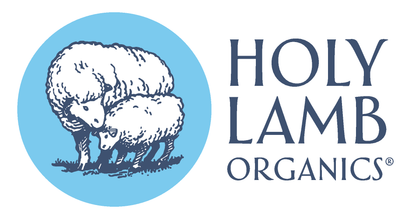

Your Cart is Empty
July 12, 2024 4 min read
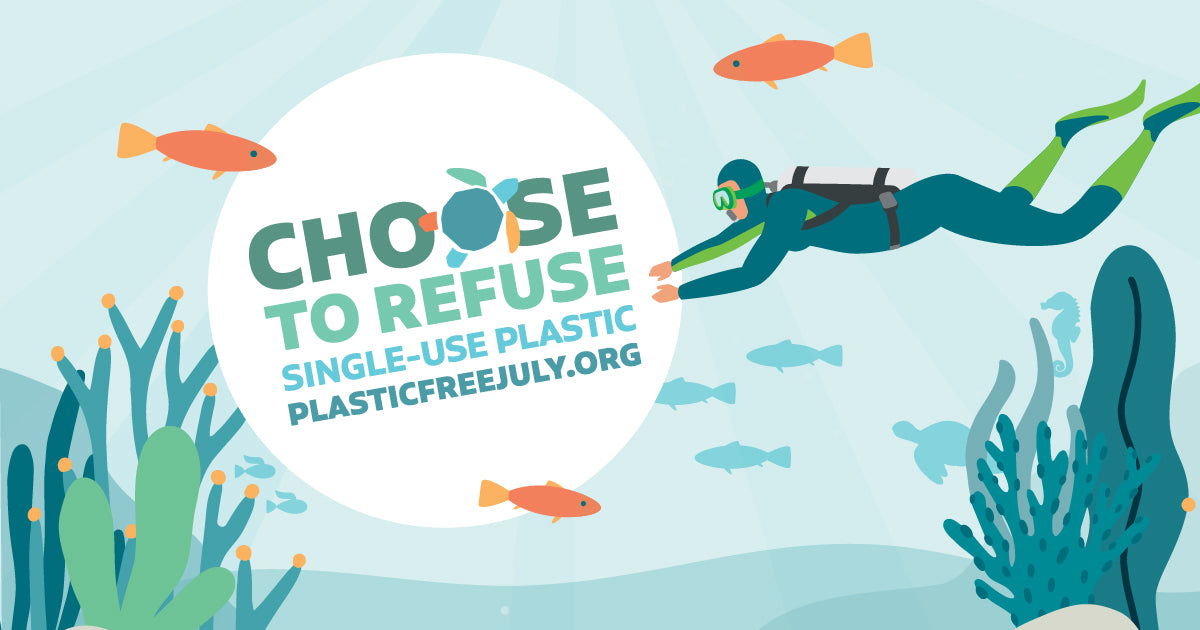
In the surge of attention to sustainable practices, zero waste has become a highly sought-after goal across all industries. As we celebrate Plastic Free July this year, businesses worldwide are re-evaluating their manufacturing processes to minimize plastic consumption and waste generation.
Holy Lamb Organics recognizes this needed shift, and we've responded by offering our range of sustainable bedding and home products. Each item is meticulously crafted to embody durability, comfort, and environmental responsibility—a testament to our unwavering commitment to zero waste principles.
This is your year to participate in Plastic Free July!
The idea took root more than a decade ago, and has since grown into an international celebration. According to the Plastic Free Foundation, 89 million people in 190 countries pledged to reduce their plastic use during July last year.
Over the last five years, participants have avoided more than 1.5 million tons of plastic waste. That’s enough to fill 80,000 garbage trucks!
Sending anything to the landfill or incinerator negatively impacts the environment, but plastic is particularly problematic.
Part of the problem is that plastics are not as easily recyclable as other packaging materials. In fact, less than 6 percent of plastic waste is recycled in the United States. That rate has barely changed in the past twenty years.
But from the beginning, the Plastic Free July campaign has focused on solutions rather than the problem. The website offers ideas for plastic-free beginners — small changes like using reusable shopping bags.
The plastic problem seems so large, so how you can reduce plastic waste? The good news is, anyone can get involved. You can start out small, or really challenge yourself! No matter what the change is, every action counts. Get inspired using one of the options below.

The bedding industry, like many others, has historically relied on plastic throughout its manufacturing processes.
From synthetic fibers in pillows and comforters to packaging materials, plastic has been deeply embedded in the production and distribution of bedding products. However, as awareness of environmental issues grows, so too does scrutiny over the detrimental effects of this plastic use.
In bedding manufacturing, plastic finds its way into numerous facets of production. Polyester and other synthetic fibers, commonly used for their affordability and durability, are derived from petrochemicals—a major source of plastic pollution. These materials contribute significantly to microplastic contamination when laundered, shedding tiny particles that eventually find their way into our oceans and ecosystems.
Plastic packaging is often used in protecting bedding products during transit and storage. While useful for preserving product integrity, this only makes waste management challenges worse. Single-use plastics are unfortunately one of the most common packaging materials for shipping products. This kind of plastic in particular contributes to landfill accumulation and poses serious threats to wildlife through ingestion and entanglement.
Holy Lamb Organics strives to embody what it means to be a zero waste business in today's manufacturing landscape. Founded on principles of sustainability and eco-consciousness, we’ve meticulously developed our operations to uphold these values. By integrating renewable materials and innovative production techniques, we can eliminate reliance on plastics and other non-biodegradable materials traditionally used in manufacturing.

The environmental impact of plastic in the bedding industry goes beyond its immediate disposal.
The production of synthetic fibers produces huge amounts of greenhouse gasses, further contributing to climate change. Additionally, the persistence of plastic waste in our landfills and oceans poses long-term ecological risks that compromise both biodiversity and human health in our not-so-far future.
While synthetic materials are often the more affordable option for manufacturers, their environmental costs underscore the urgency of exploring alternative, eco-friendly materials and manufacturing practices.
In response to these challenges, forward-thinking companies in all sectors are embracing sustainable alternatives. Natural fibers such as organic cotton and wool are gaining traction for their biodegradability and reduced environmental footprint. These materials not only help mitigate plastic pollution, but also offer superior comfort and breathability.
Innovative packaging solutions, including biodegradable materials and minimalistic designs, are also becoming more widely available as viable alternatives to traditional plastic packaging.
By prioritizing recyclability and waste reduction throughout the entire supply chain, bedding manufacturers now have the opportunity to minimize their environmental impact while meeting consumer demand for sustainable choices.
The impact of embracing zero waste extends far beyond the walls of Holy Lamb Organics' facilities. By reducing waste at the source and implementing efficient upcycling programs, we have significantly lowered our carbon footprint throughout our production.
In the manufacturing industry, where plastic waste often accumulates at alarming rates, we want to serve as a pioneer of change. Our approach not only sets a precedent for sustainable manufacturing, but also inspires others to reconsider their practices. By choosing renewable materials and prioritizing waste reduction, we strive to be an example that it is possible for businesses to thrive, while safeguarding the planet for future generations.

As stakeholders in the global effort to combat plastic pollution, individuals wield substantial power through their purchasing decisions. By supporting brands that are committed to reducing plastic use and sustainable practices, any person can drive meaningful change within the bedding industry and beyond.
Educating oneself about product materials and advocating for eco-friendly alternatives empowers consumers to make informed choices that benefit both the environment and future generations! Keep an eye out for transparent brands that have certifications that back up their values.
During Plastic Free July and beyond, businesses have a unique opportunity to lead by example -- and when consumers support sustainable companies, they can actively participate in reducing plastic pollution and fostering a healthier, more sustainable world.
This is a great time to get inspired to make your own eco-conscious changes! Together, we can redefine the future of manufacturing, one decision at a time. It's all about working together—consumers and businesses—to drive change. Together, we can harness the power of informed choices and collective action to reduce plastic pollution, safeguarding our natural resources for generations.
Read more about our Sustainability Standards.
Comments will be approved before showing up.
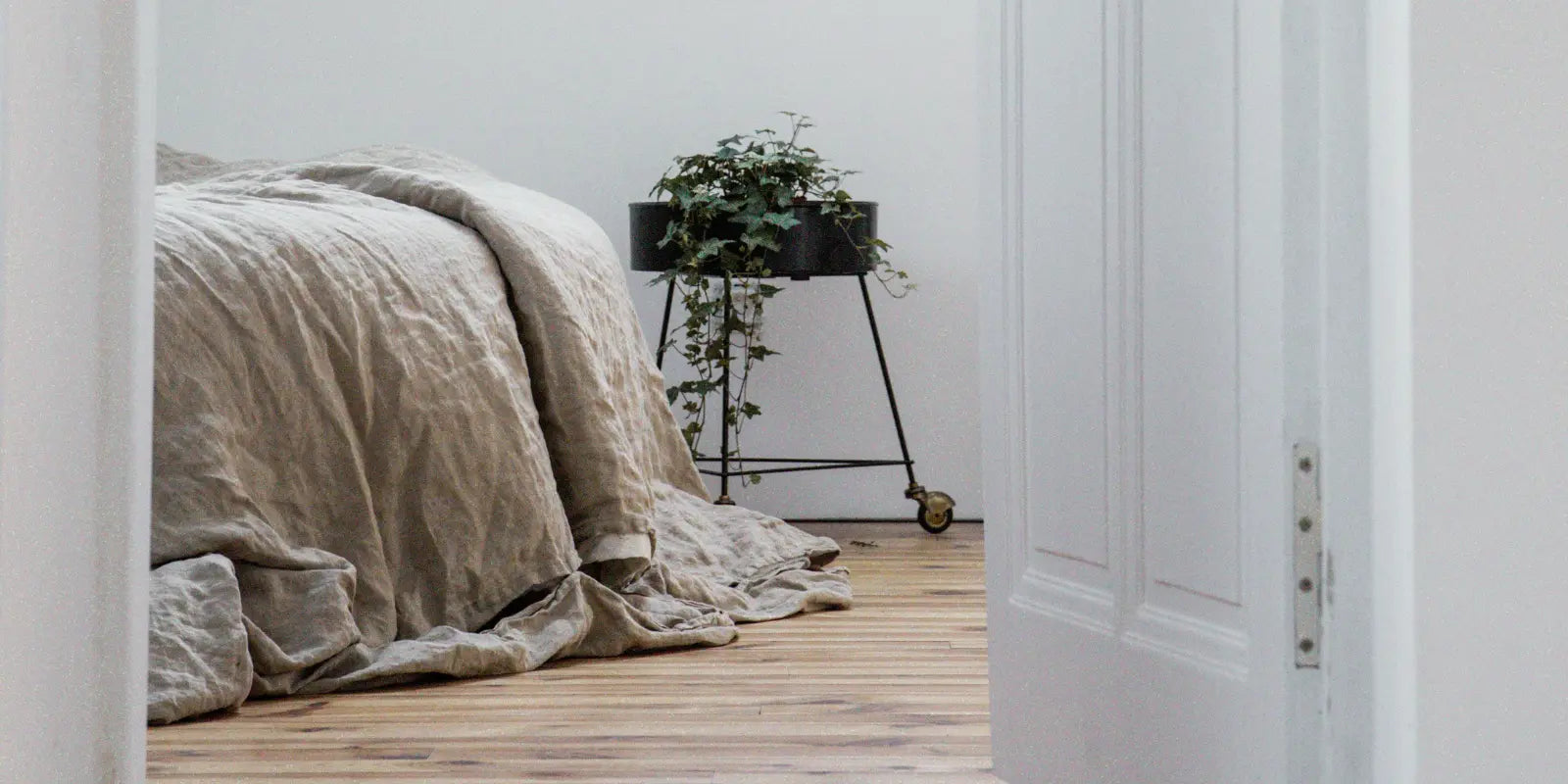
March 10, 2025 5 min read
Whether it’s conserving more of the resources we use, minimizing the amount of waste we generate, or preserving our vital ecosystems, there are numerous ways to promote the well-being of ourselves and the planet we call home. With that in mind, let’s explore 10 ways to live a more eco-friendly lifestyle at home in 2025!
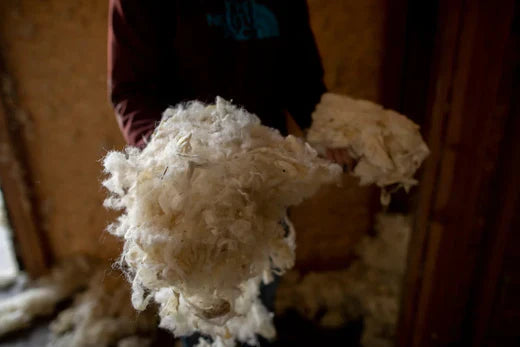
January 15, 2025 4 min read
At Holy Lamb Organics, we are committed to transparency and sustainability. Our Premium Eco Wool and Certified Organic Wool products are a testament to this, crafted with ethically sourced wool that has been handled with care at every step of the journey!
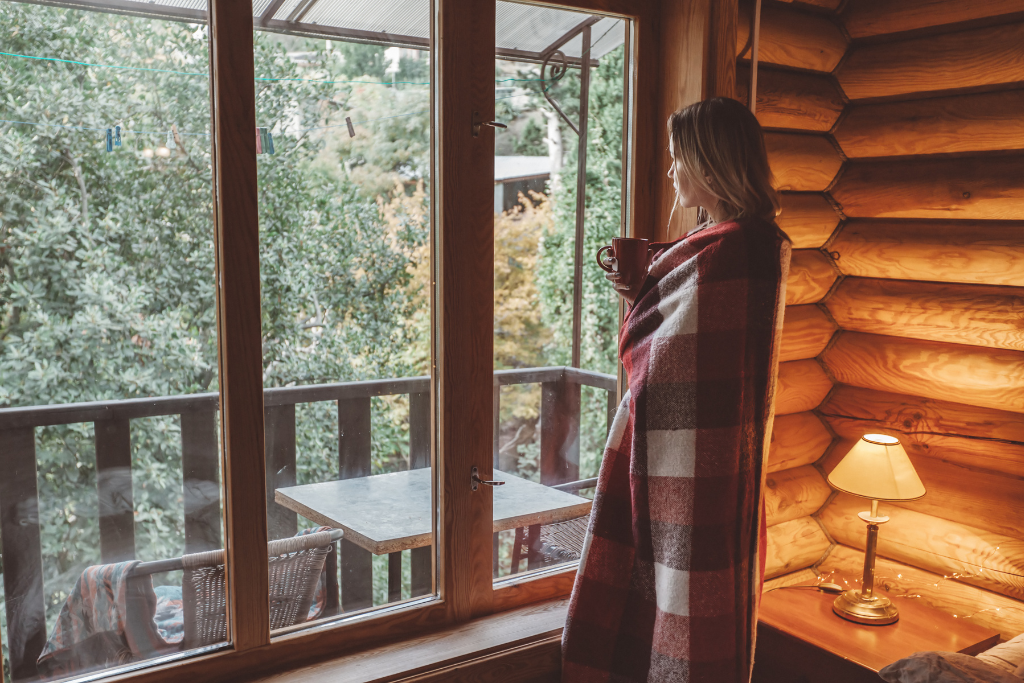
November 14, 2024 2 min read
Sign up to get the latest on sales, new releases and more …